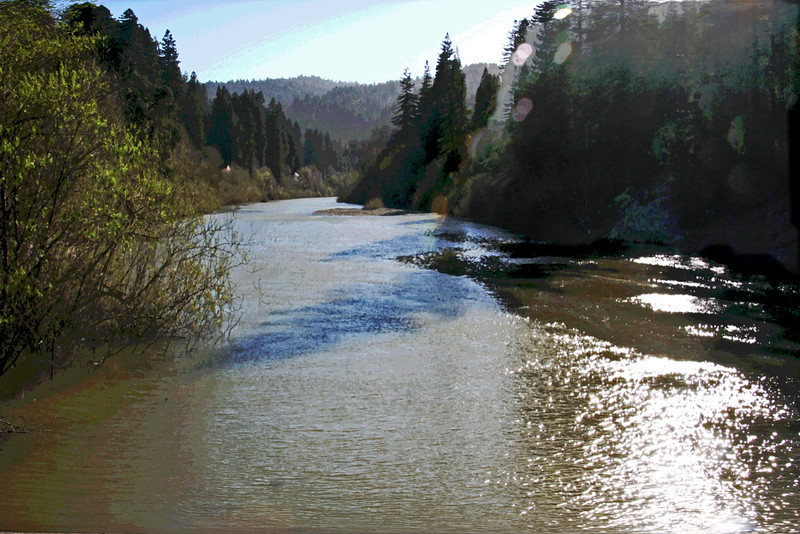 From the State Water Resources Control Board:
From the State Water Resources Control Board:
With ongoing drought conditions straining water supplies and creating uncertainty throughout California, the State Water Resources Control Board today approved a unique agreement that allows right holders in the Upper Russian River watershed to voluntarily reduce water use and share their available water.
The 2022 Upper Russian River Voluntary Sharing Agreement program protects supplies and enables individuals enrolled in the program who still have water under their water rights to share with other participants who do not, effectively serving as an alternative to curtailments, which are a blanket restriction on water diversions for those with younger rights when there is insufficient water supply.
“This is a truly significant development – and the first of its kind – as state and local leaders continue to innovate their response to drought and climate change while addressing the needs of residents in Sonoma and Mendocino counties,” said Sam Boland-Brien, a supervising engineer with the State Water Board. “The cooperation among the various stakeholders continues to be remarkable. It just shows what can be accomplished when state and local entities work together to come up with solutions.”
The agreement was brought about through the kind of cooperation and collective problem-solving that California Governor Gavin Newsom has asked all Californians to adopt in response to the challenges of drought and climate change. Stakeholders in the watershed have been pursuing an alternative to curtailments since 2020, when State Water Board staff encouraged right holders to consider developing a voluntary solution to worsening conditions. On May 10, 2022, the board readopted an emergency regulation authorizing creation of a voluntary water sharing agreement for the Upper Russian River that would operate as an exception to curtailments.
Urban water users, suppliers and representatives from the agricultural community in two counties responded and met frequently to develop a program. Those discussions resulted in an agreement that includes calculations and implementation directives and, unlike voluntary agreements in other watersheds that are executed between specific parties, is open to everyone in the watershed who chooses to participate.
The enrollment period began May 27 and runs through June 20.
“Everyone knows how serious the situation is and that it’s likely to get worse,” said Elizabeth Salomone, general manager of the Russian River Flood Control District. “Shortly after we got started, we realized we had to include a lot more stakeholders. We need tribal representatives, the Farm Bureau, Sonoma Water and others. And everyone had different ideas. Everyone compromised. But rather than fight, the attitude was ‘Let’s get something done.’ And the motivation for those with senior rights is that they care about their neighbors, the economy and the environment.”
More information on the Russian River drought response is available on the board’s website.



